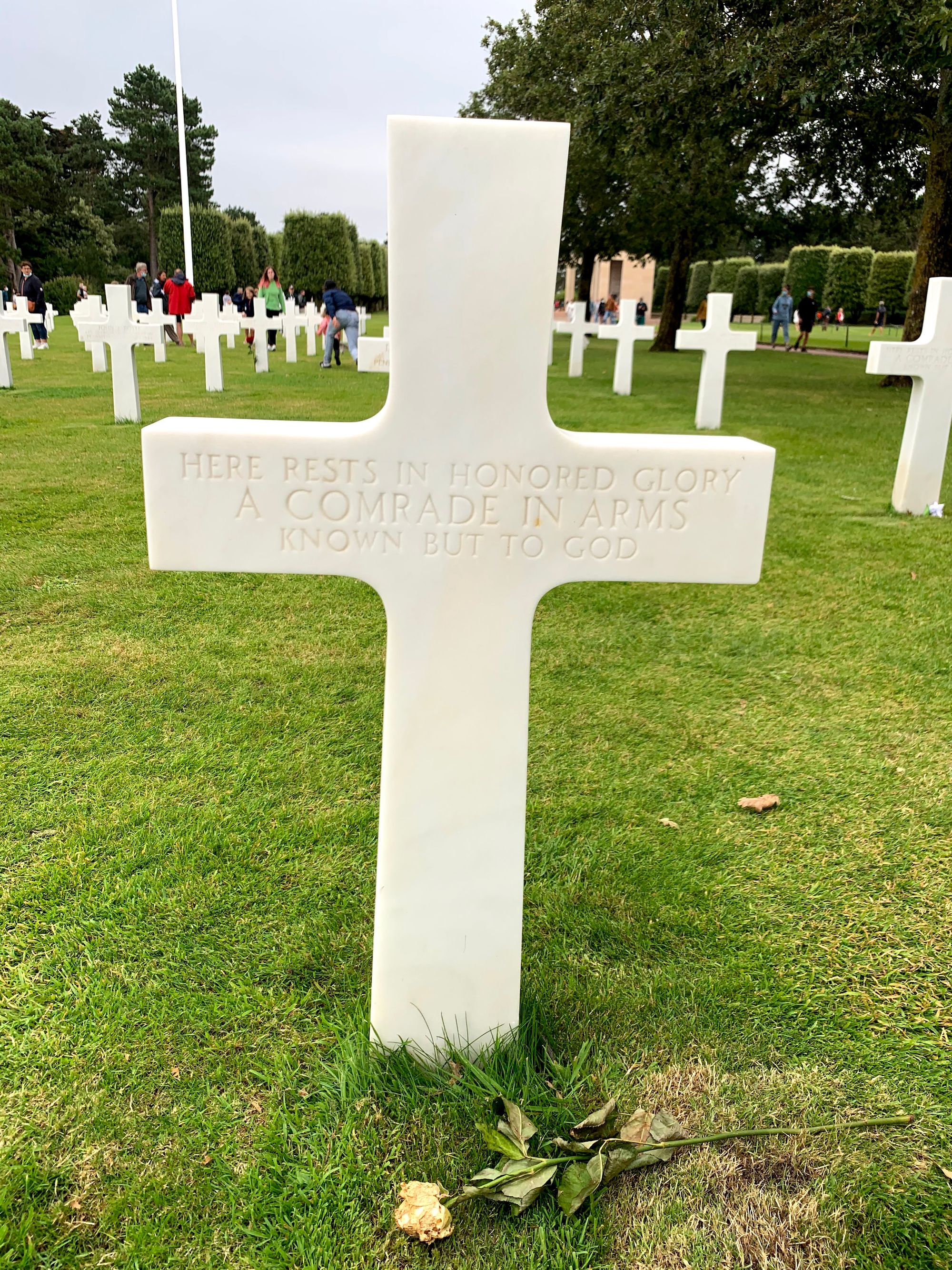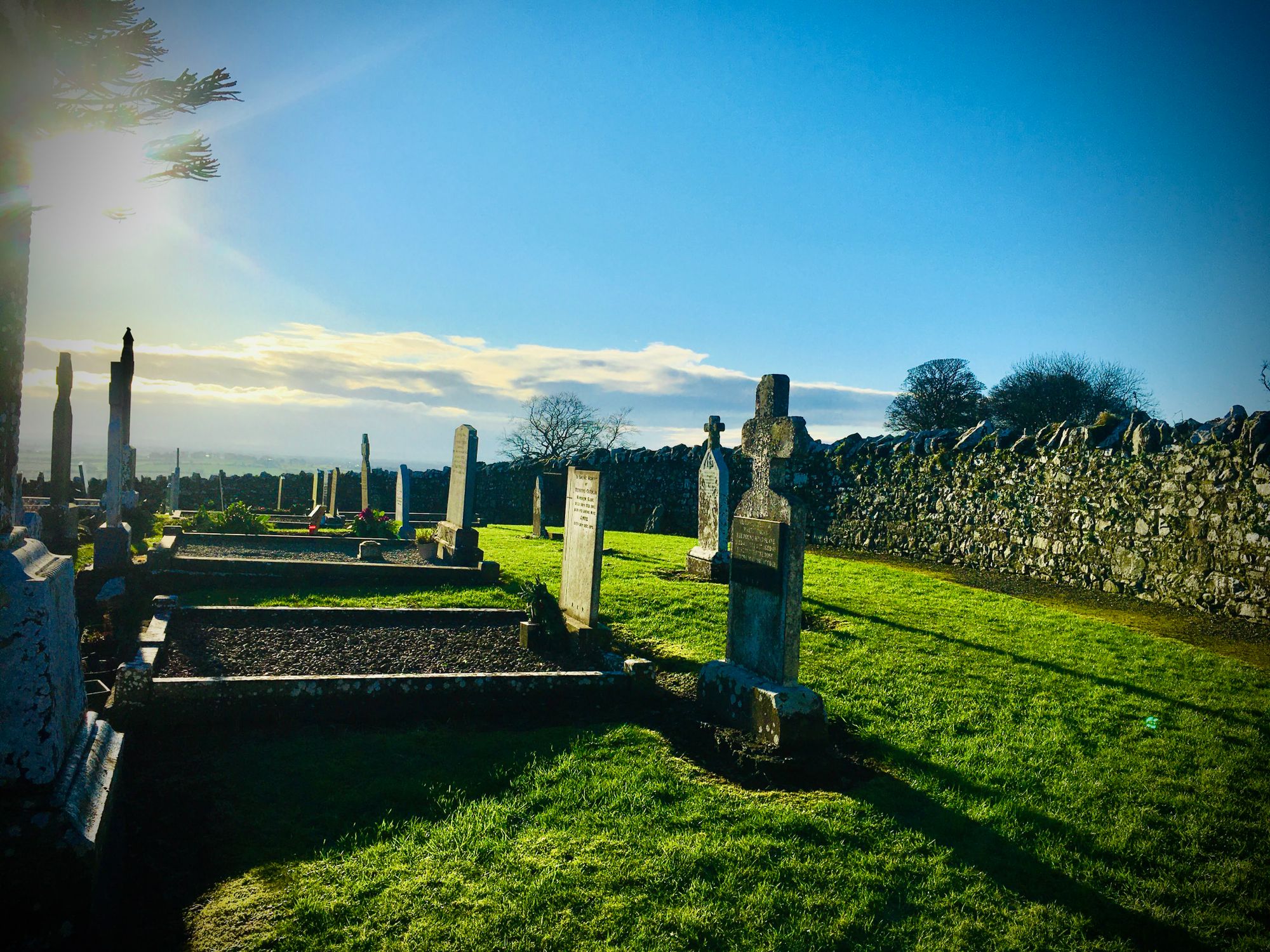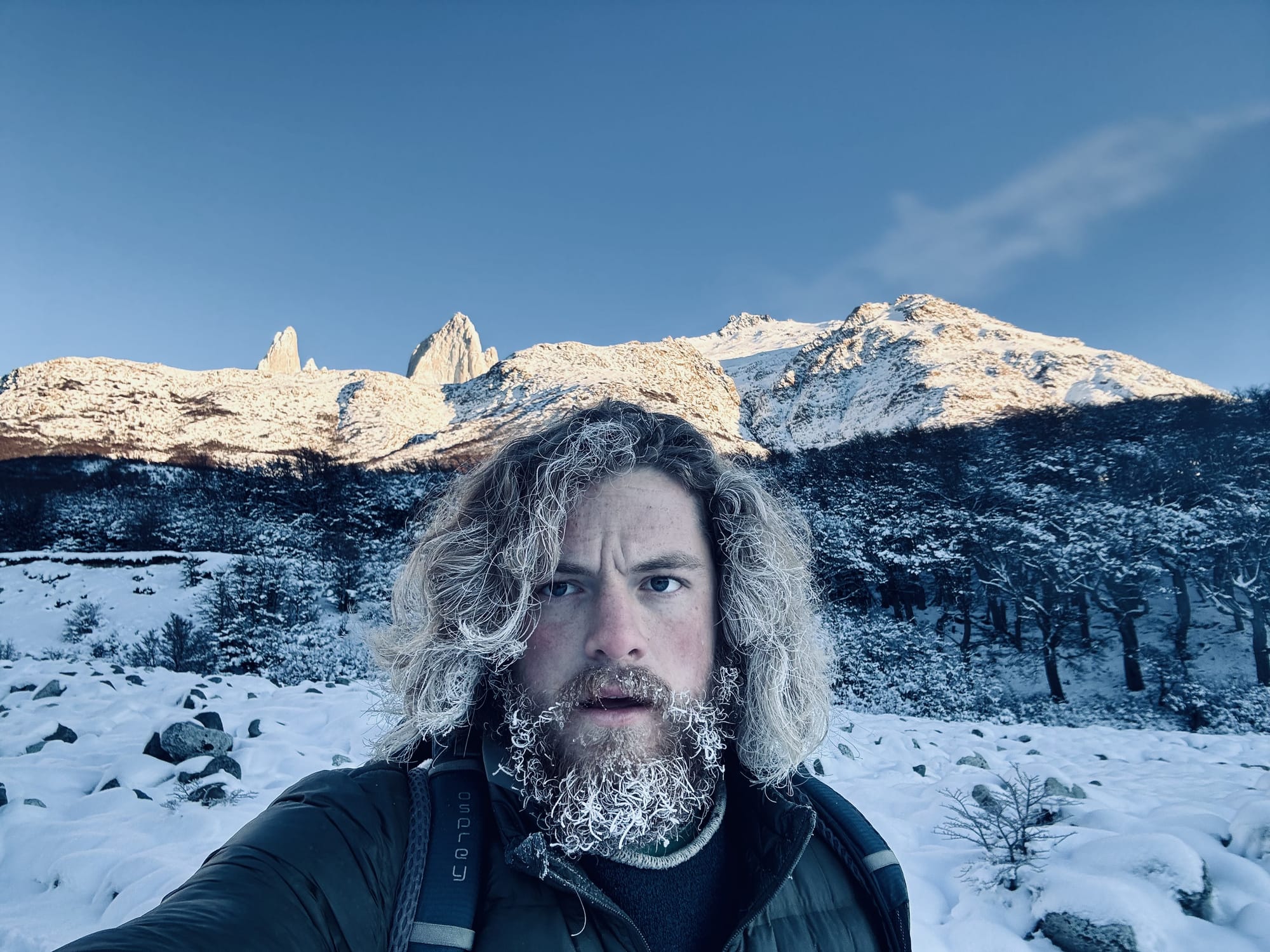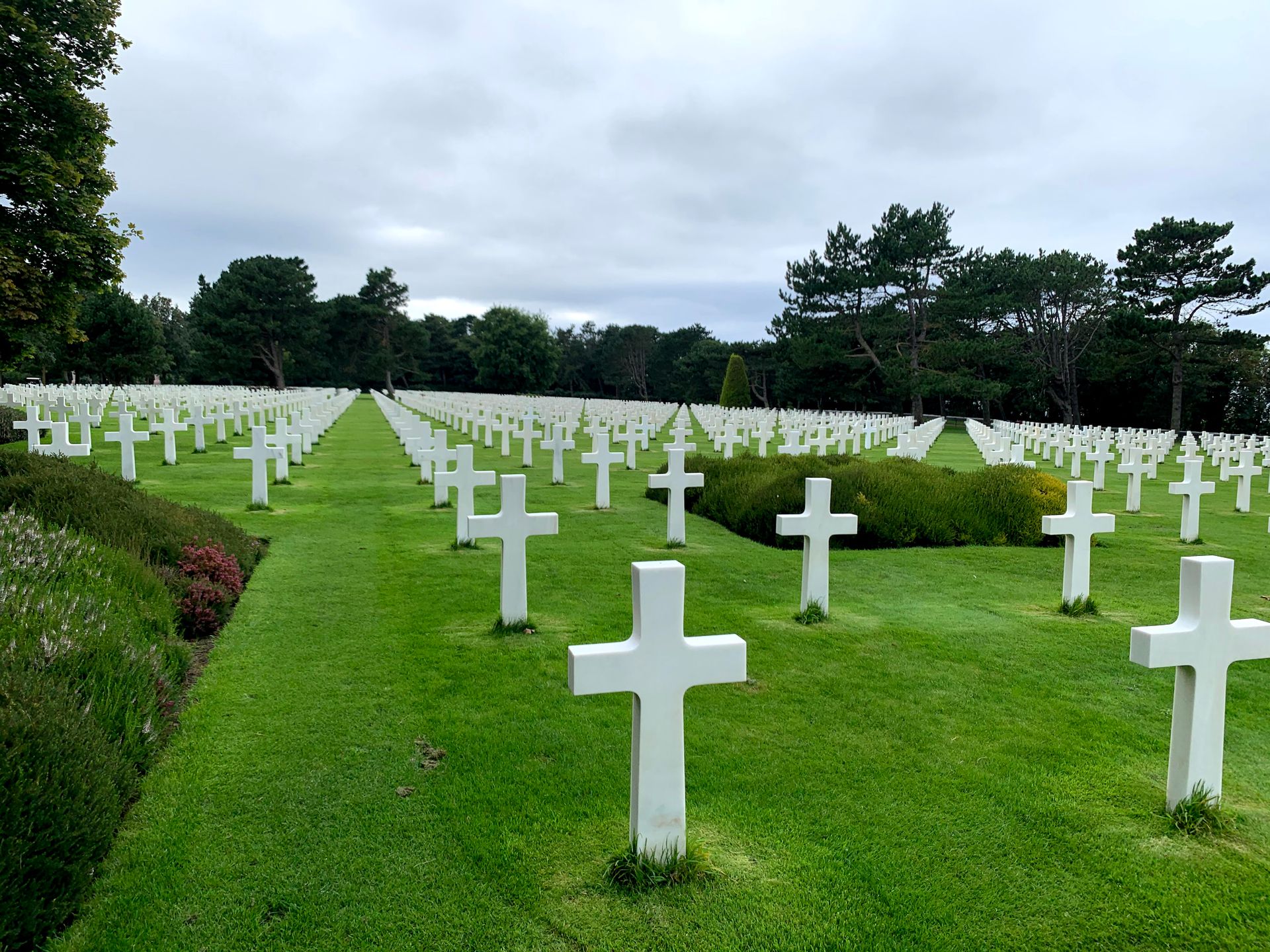For oh, when the war will be over
We'll go and we'll look for our dead;
We'll go when the bee's on the clover,
And the plume of the poppy is red:
We'll go when the year's at its gayest,
When meadows are laughing with flow'rs;
And there where the crosses are greyest,
We'll seek for the cross that is ours.
For they cry to us: Friends, we are lonely,
A-weary the night and the day;
But come in the blossom-time only,
Come when our graves will be gay:
When daffodils all are a-blowing,
And larks are a-thrilling the skies,
Oh, come with the hearts of you glowing,
And the joy of the Spring in your eyes.
But never, oh, never come sighing,
For ours was the Splendid Release;
And oh, but 'twas joy in the dying
To know we were winning you Peace!
So come when the valleys are sheening,
And fledged with the promise of grain;
And here where our graves will be greening,
Just smile and be happy again.
And so, when the war will be over,
We'll seek for the Wonderful One;
And maiden will look for her lover,
And mother will look for her son;
And there will be end to our grieving,
And gladness will gleam over loss,
As — glory beyond all believing!
We point . . . to a name on a cross.
Pilgrims by Robert W. Service

I have visited the Normandy Memorials a couple of times now and each time, especially when listening to some of the stories of the men who died, have been struck by both what incredible characters they were and what seems like the total waste of their lives. In both world wars you hear the same story: 19 to 22 year old kid, freshly married, wife preganant or maybe a child at home they never see, successfully leading men into battle with a quip, a shrug, and a grunt at an age when one cannot legally rent a car or purchase alcohol in our times. They sacrifice their home life for the great bloody adventure of war and are killed by some stray bullet, some vicious gas cloud or some lurking mine. Athletes, poets, teachers, mechanics, all mowed down in a strange country before they have lived a quarter of their lives. These thousands of young men whose bodies have been planted under a white cross never saw children, wives or lovers again, and the world had to literally learn to live without them.
Standing there and meditating on this I have always felt like those of us who are lucky enough to be currently walking the earth have a duty to live life at a scale and with a passion that gives glory to those who never could. By this I do not mean to "enjoy our freedom" by making lots money, playing lots of golf and achieving comfort (which is not an achievement but a paralysing illusion), but instead to drink life to its dregs, to seek greatness of the most objective kind, and to appeciate every moment and every gift we have. How many flowers have we marvelled at fully, how many sunstets, natural wonders or works of art have we truly appreciated, how many poems and songs have we not simply memorized, but learned in our hearts, how many friendships have we neglected, how many virtues have we left undeveloped, how many challenges have we passed up? Do we neglect our bodies or subjugate and strengthen them? Do we look at pretty pictures of mountains or actually climb them? Do we watch adventures on a screen or actively seek them?
These things that could vanish tomorrow are on loan to us now and we do not make the most of them. So live, damn it! Live with lust and depth and fire for the sake of the countless who would, but never could.
Just think! some night the stars will gleam
Upon a cold, grey stone,
And trace a name with silver beam,
And lo! ’twill be your own.
That night is speeding on to greet
Your epitaphic rhyme.
Your life is but a little beat
Within the heart of Time.
A little gain, a little pain,
A laugh, lest you may moan;
A little blame, a little fame,
A star-gleam on a stone.
Just think! by Robert W Service


